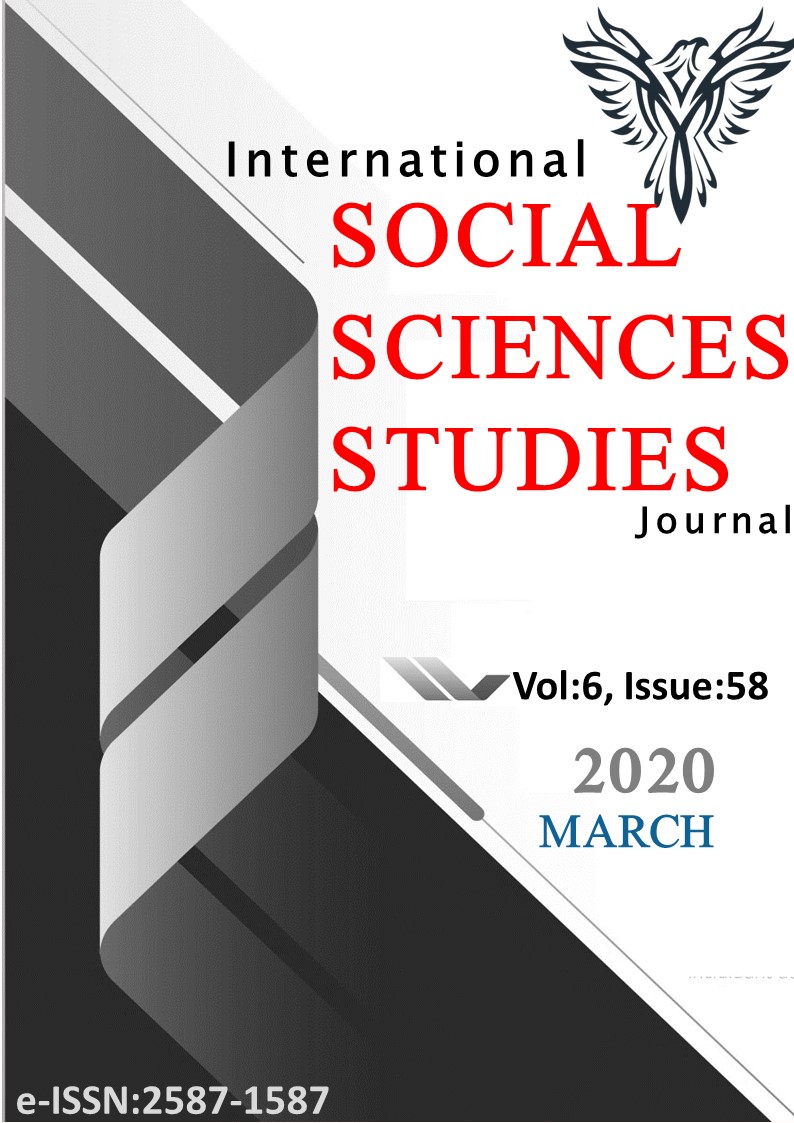Sürdürülebilir Turizm Kapsamında Konya İli Gastronomi Turizminin Swot Analizi ve Geliştirilmesine Yönelik Öneriler
Author :
Abstract
Özet Konya ilinin M.Ö. 7000’li yıllardan beri yerleşim yeri olduğu bilinmekte olup il bu süreçte pek çok farklı uygarlığa ev sahipliği yapmıştır. Konya, tarihinin getirdiği zengin bir kültüre sahiptir. Bu zenginlikler mutfağa da yansımış ve güçlü bir mutfak kültürü oluşmuştur. Konya’nın mutfak kültürü ve yöresel yemekleri ile gastronomi turizmi açısından önemli destinasyonlardan biri olma potansiyeline sahip olduğu düşünülmektedir. Bu çalışma ile Konya ili gastronomi turizminin SWOT analizi gerçekleştirilmiş ve gastronomi turizminin güçlü ve zayıf yönlerinin tespiti ile bu faktörler dikkate alınarak oluşacak fırsat ve tehditler ortaya konulmuştur. Çalışma sonucunda; yöre mutfağının zenginliğinin gastronomi turizminin güçlü yönlerinin başında geldiği belirlenirken, tanıtım eksikliğinin zayıf yönler arasında öne çıktığı gözlenmiştir. Nitelikli konaklama ve yiyecek içecek işletme sayılarındaki artışın gastronomi turizmi açısından Konya ilinin sahip olduğu fırsatların başında geldiği tespit edilmiştir. Gastronomi turizminin ön plana çıkmasına öncülük edecek imkanların olmayışı ve gastronomi turizmine kamu ve özel kuruluşların ilgi duymaması potansiyel tehditler arasında yer almıştır.
Keywords
Abstract
Abstract Konya province has been a settlement since 7000s BC and the province hosted many different civilizations in this process. Konya has a rich culture brought by its history. These riches were reflected in the kitchen and a strong culinary culture was formed. It is thought that Konya has the potential to be one of the important destinations in terms of gastronomy tourism with its culinary culture and local food. In this study, SWOT analysis of the gastronomy tourism in Konya has been carried out and determinate of the strengths and weaknesses of gastronomy tourism and the opportunities and threats that will arise by considering these factors have been revealed. As a result, while it was determined that the richness of the local cuisine was one of the strengths of gastronomy tourism, it was observed that the lack of publicity was among the weaknesses. The increase in the number of qualified accommodation and food and beverage establishments was one of the opportunities in the gastronomy tourism of Konya. Lack of opportunities to lead gastronomy tourism to the fore and lack of interest from public and private institutions for gastronomic tourism were among the potential threats. Keywords: Sustainable tourism, gastronomy, gastronomy tourism, Konya, SWOT analysis





